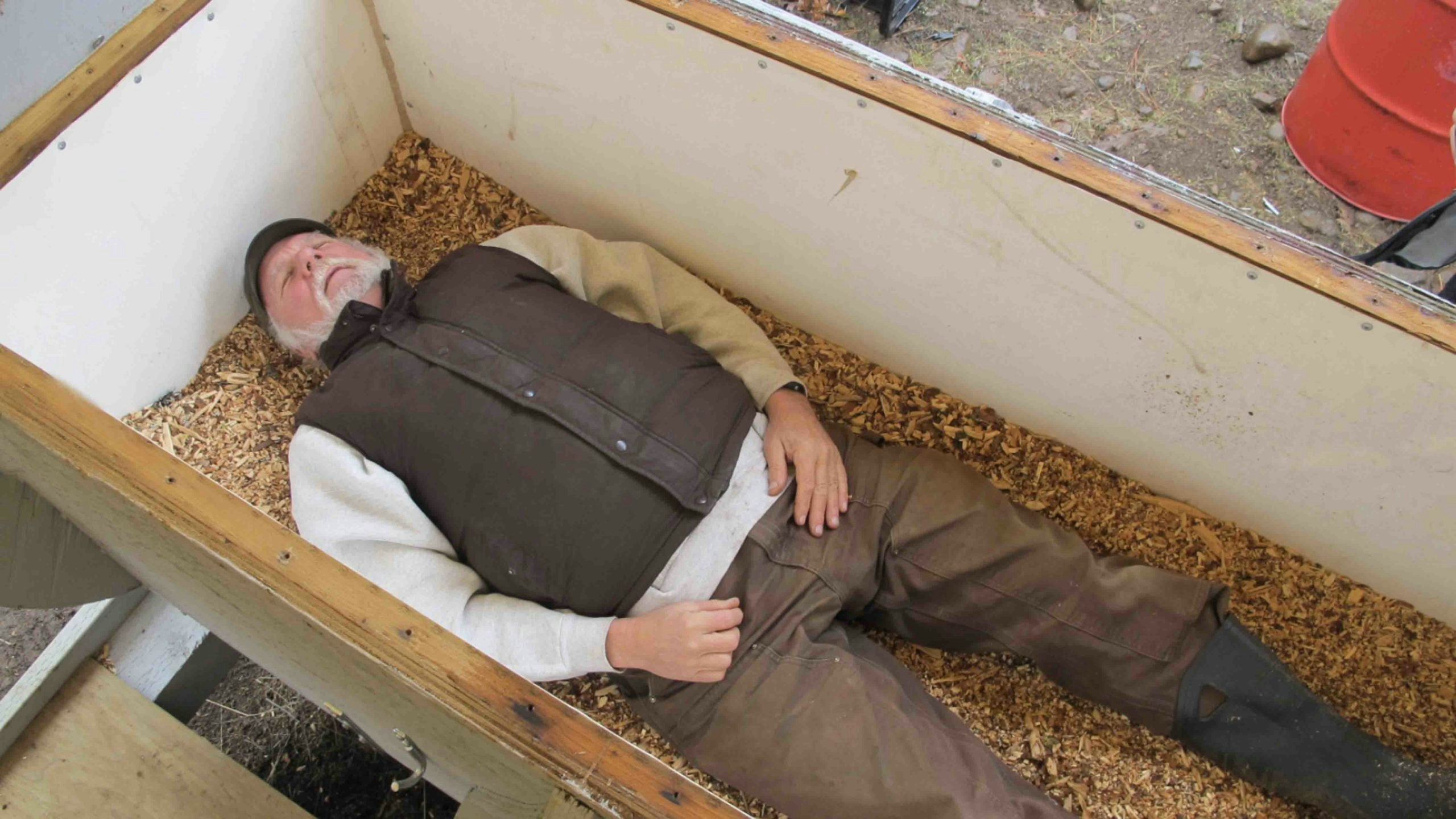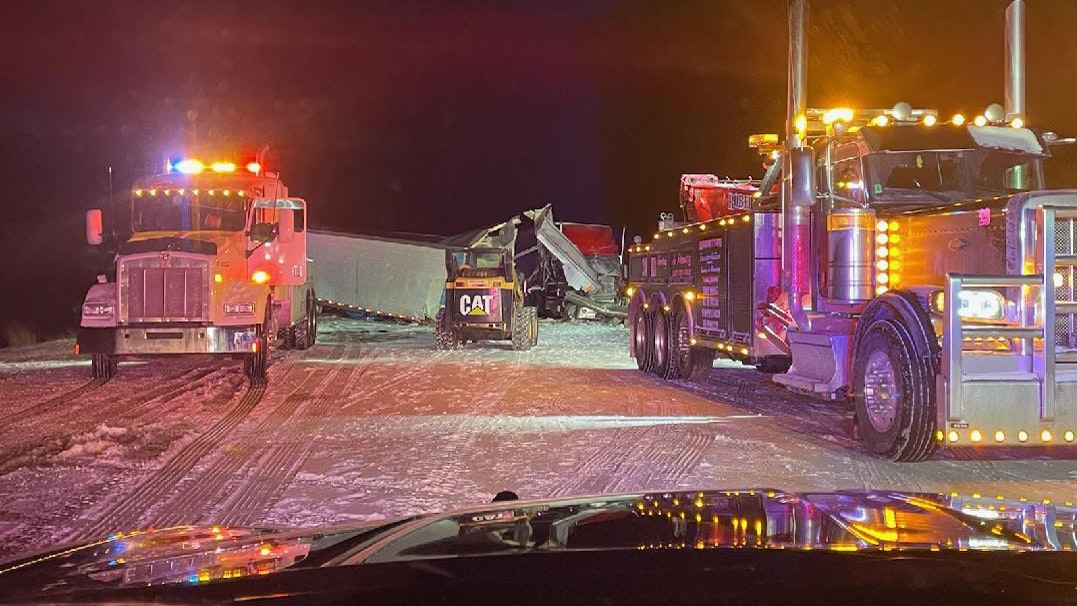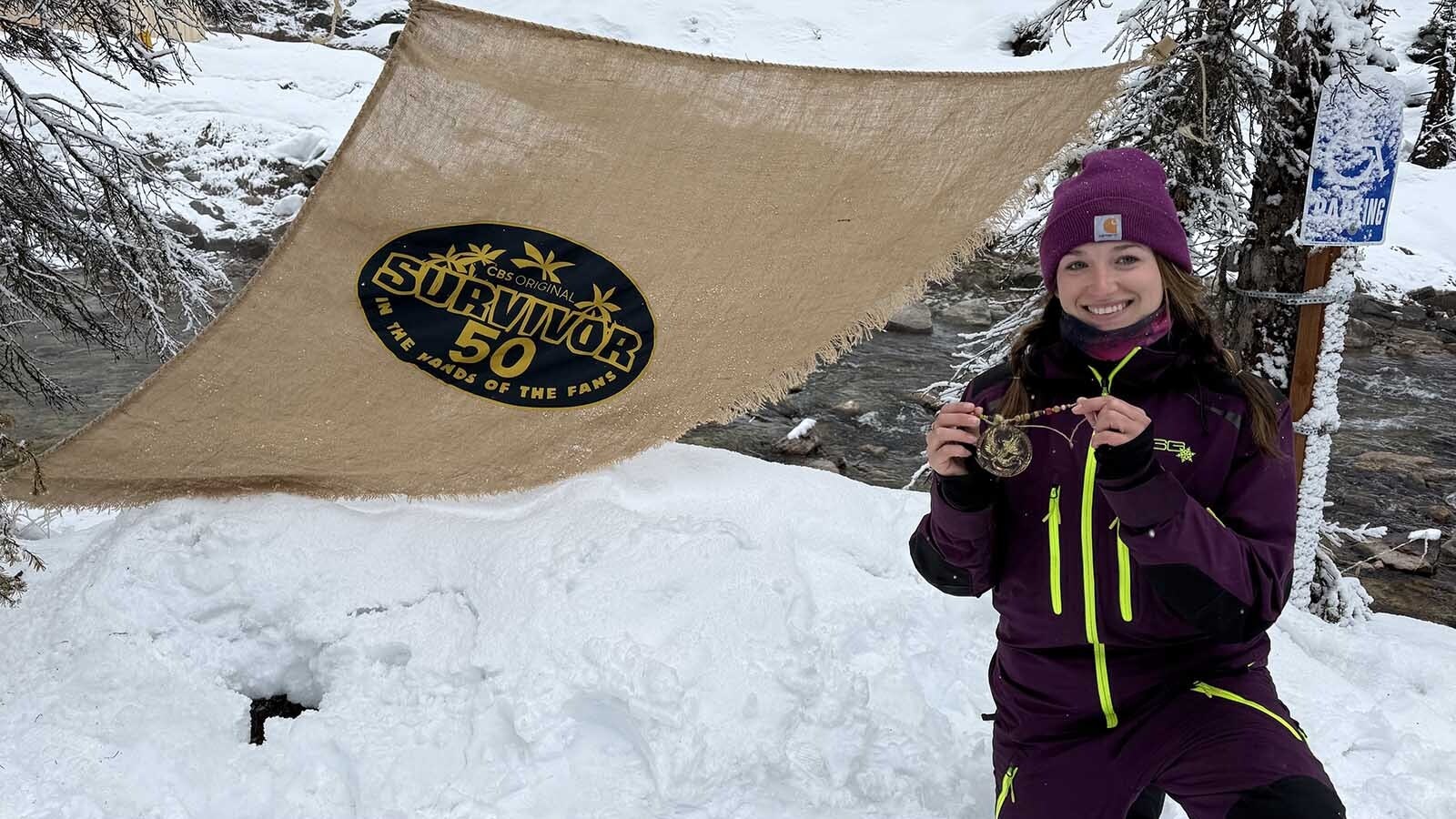Ashes to ashes, dust to dust … to compost.
That’s not a phrase likely to catch on in Wyoming, at least anytime soon, say Cowboy State funeral industry representatives.
Enter The Hereafter As Plant Food
Human composting involves letting dead bodies decompose completely into a bed of organic material, a process that usually takes about six months. The mixture then can be used a fertilizer.
The practice is gaining popularity as an alternative to burial or cremation for those whose final wish is to nourish plants.
Washington was the first state to legalize the practice in 2019. Colorado and Oregon followed in 2021. In 2022, human composting was legalized in Vermont, California and New York.
Not Catching On In Wyoming
The Wyoming Board of Funeral Service Practitioners, which oversees funeral homes here, hasn’t yet had any inquiries about human composting, executive director Chelsea Cortez told Cowboy State Daily.
Nor has her office received any requests to endorse legalizing the practice here, she said.
“We probably wouldn’t hear those requests,” she said. “People would make those sorts of requests directly to their funeral service providers.”
So far, those requests haven’t been rolling in, Bridgette Radomsky told Cowboy State Daily. She’s co-owner of Wiederspahn-Radomsky funeral services in Cheyenne.
“We did get a few inquiries about it (composting) when it was first being legalized in some other states,” she said, but the interest seems to have tapered off.
Traditional Methods Still Popular Here
Burial and cremation remain the preferred methods of shuffling off the mortal coil in Wyoming, Radomsky said.
However, if demand for human composting picks up, funeral homes might reconsider, she said.
Would Require Legislative Action, Oversight
Composting couldn’t be legalized in Wyoming merely through popular demand, such as a ballot measure. It would require a bill passed by the Legislature and then signed into law by the governor.
And freelance or at-home composting of a loved one’s remains wouldn’t be allowed. Only licensed funeral homes with proper oversight could legally practice it, Cortez said.
Biodegradable Containers Might Be Middle Ground
Though demand for composting human remains is low in Wyoming, there is growing interest in biodegradable containers for holding a departed dear one’s ashes, Radomsky said.
The common practice it to place cremated ashes into a heavy plastic bag, then place the bag in an urn, which survivors can keep or bury.
However, putting ashes directly into a biodegradable container gives people the option of naturally returning to nature.
“If people decide to have the ashes buried, or placed into a body of water, the container will just naturally decompose away,” she said.
More Affordable?
According to previous Cowboy State Daily story, human composting might be cheaper than burial or cremation.
The base price for a traditional funeral service is between $7,700 and $9,100, whereas the estimated cost of composting a body is roughly $5,000.





